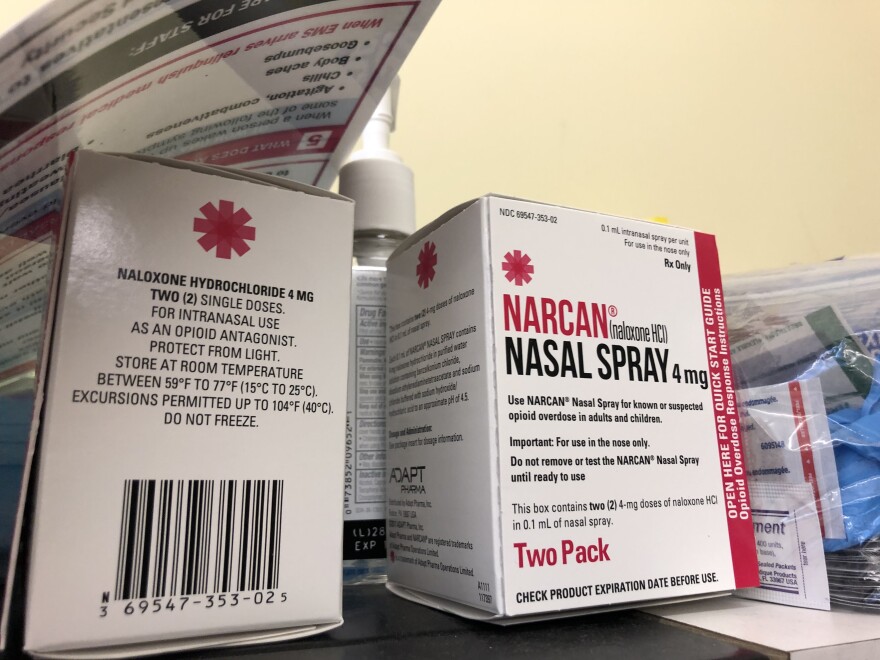A small business owner in Thomaston, Maine, is contemplating dropping her health insurance due to escalating costs and the upcoming expiration of federal subsidies. Chloe Chalakani, who operates a handmade pasta business with her partner, expressed concerns about the sustainability of her coverage as she prepares for the 2024 enrollment period.
With winter approaching and the busy tourist season winding down, Chalakani is reviewing her administrative responsibilities, particularly those related to health insurance. Currently, she pays a monthly premium of $460 for the highest deductible plan available. As a 31-year-old in good health, she finds the costs increasingly burdensome.
The expiration of enhanced tax credits in December 2023 has intensified her financial concerns. “I don’t plan to get insurance next year,” Chalakani said. “I’m just not going to do it — I’ll pay out of pocket.” This sentiment resonates with health policy experts, who warn that if younger and healthier individuals opt out of the Affordable Care Act (ACA) markets, it could destabilize the entire health insurance system.
The ACA relies on a diverse pool of participants to function effectively. Younger, healthier individuals generally contribute more to the insurance system than they require in healthcare services. Conversely, older and sicker individuals tend to consume more healthcare than the premiums they pay, creating a delicate balance in the insurance market. “You need people to be paying into the insurance system when they’re healthy so that they can take out when they’re sick,” explained a health policy analyst.
Chalakani’s decision reflects a broader trend among younger Americans who may choose to forgo insurance as costs rise. Experts like health economist Mark Cox indicate that those who choose to remain insured are often older and may have more health concerns, thereby increasing their motivation to keep their coverage. “The concern is that the least sick person in that group is going to drop their coverage,” Cox noted.
The implications of such decisions could be far-reaching. If predominantly healthy individuals leave the market, premiums could soar, making coverage unaffordable for those who need it most. “If you only have sick people buying health insurance plans, then the average cost of that plan is going to be very high,” Cox stated.
As the healthcare landscape evolves, hospitals and clinics may face increased financial pressure due to a rise in uninsured patients. “If hospitals face a lot of financial strain from having a lot more uninsured patients coming through their doors, then they might start changing the services they offer,” warned an industry expert. This could lead to the closure of essential services, such as maternity wards, and diminish healthcare access overall.
Chalakani is among approximately 24 million Americans who obtain their insurance through the ACA. Although she acknowledges the risks of going without coverage, she feels she lacks the financial capacity to maintain a policy. “Should a catastrophe happen, I’ll probably say, ‘Wow, I should have had insurance,'” she admitted. “But at this point, I don’t have the financial ability to plan for that.”
The situation is compounded by looming cuts to Medicaid, which could further increase the number of uninsured individuals across the country. With a potential government shutdown on the horizon, the future of health insurance subsidies remains uncertain. Unless Congress acts swiftly to extend the enhanced subsidies, many individuals will face significant increases in their premiums for 2024.
Chalakani indicated that she might reconsider her decision if lawmakers extend the subsidies, allowing her to maintain a more manageable premium. As the enrollment period approaches, the choices made by individuals like her will not only impact their personal health but could also have significant ramifications for the healthcare system at large.







